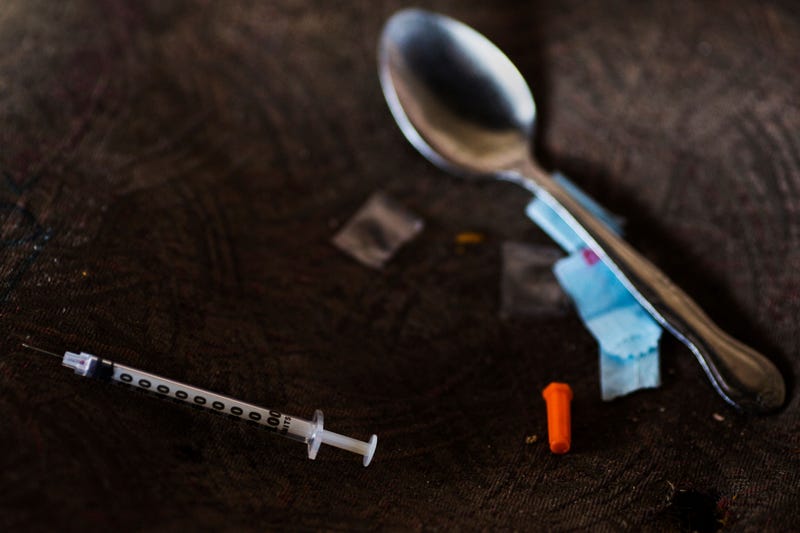
PHILADELPHIA (KYW Newsradio) — The toll from Philadelphia’s drug epidemic continues to climb. The city on Monday reported a record 1,413 Philadelphians died of drug overdoses in 2022 — 11% higher than the previous record set in 2021.
Deputy Health Commissioner Frank Franklin attributes the increase in fatal overdoses to the spread of fentanyl throughout the drug supply. Fentanyl is a synthetic opioid that first invaded the opioid supply, but now it’s in everything, which has changed both the geography and demographics of overdose deaths.
Nearly every ZIP code in the city had at least one fatal overdose. Black and Hispanic Philadelphians were particularly hit hard. From 2018 to 2022, overdose deaths rose 43% among Hispanic residents and 87% among Black residents.
“It’s not necessarily indicative of a change in drug choice among Black and Hispanic populations,” Franklin explained. “It’s indicative of the drugs they would normally use, like stimulants, party-related drugs, Percocet and things like that.
“Fentanyl is being mixed in with a lot of different illicit drug products, so that’s why you see the numbers increase. You have people who are opioid-naïve or not traditional opioid users.”
The number of fatal overdoses among white Philadelphians actually went down, which Franklin said may be a sign that harm reduction measures targeting opioid users are working.
“The next piece is to develop some practice guidelines that can be more tailored to what substance use looks like in neighborhoods that weren’t traditionally impacted by fentanyl,” he said.
Fentanyl was found in 96% of overdose deaths. Cocaine was the second most common drug in fatal overdoses, found in 88% of stimulant-related deaths.
City resources
— For drug treatment referrals and education, call 888-545-2600 or visit dbhids.org/addiction-services/.
— For information and resources on harm reduction and education with Prevention Point Philadelphia, call 215-634-5272 or visit ppponline.org.
— For help on how to obtain and use naloxone, visit phillynaloxone.com.
— For information on how to access treatment, including if you’re unsure of what service you require or do not have insurance, call 215-546-1200 or 888-545-2600, or visit dbhids.org/addiction-services/.
